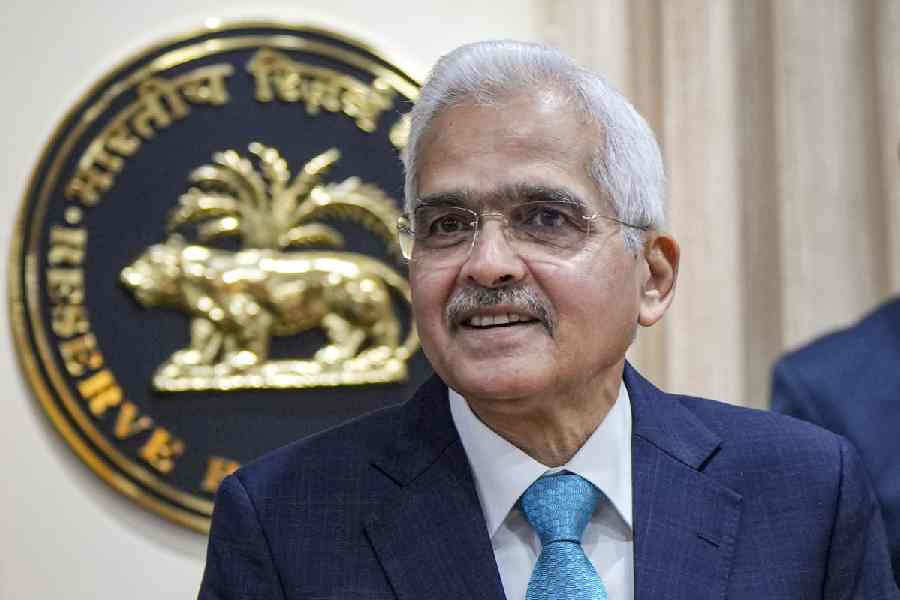Digitalisation in finance is paving the way for next-generation banking and improving access to financial services at affordable cost, said Reserve Bank Governor Shaktikanta Das on Monday.
In the foreword of the Report on Currency and Finance (RCF) for 2023-24, the Governor also said the flagship Unified Payments Interface (UPI) has revolutionised the retail payment experience for end-users, making transactions faster and more convenient.
In the digital currency arena, the Reserve Bank is at the forefront with pilot runs of the e-rupee, the central bank digital currency (CBDC).
The digital lending ecosystem is becoming vibrant with initiatives such as Open Credit Enablement Network, Open Network for Digital Commerce and the Public Tech Platform for Frictionless Credit.
He said fintechs are collaborating with banks and non-banking financial companies (NBFCs) as lending service providers. They are also operating platforms to facilitate digital credit. BigTechs are backing payment apps and lending products as third-party service providers.
"Digitalisation in finance is paving the way for next-generation banking; improving access to financial services at affordable costs; and enhancing the impact of direct benefit transfers by effective targeting of beneficiaries in a cost-efficient manner," Das said.
He noted that loans in the retail segment are being enabled by online payments and innovative credit assessment models with instant disbursements. Also, e-commerce is being boosted through embedded finance.
"All these innovations are making financial markets more efficient and integrated," the Governor said.
At the same time, Das said digitalisation also presents challenges related to cybersecurity, data privacy, data bias, vendor and third-party risks, and customer protection.
"Increased inter-connectedness may lead to systemic risks. Additionally, emerging technologies can introduce complex products and business models with risks that users may not fully understand, including the proliferation of fraudulent apps and mis-selling through dark patterns," he said.
Das further said digitalisation may induce human resource challenges in the financial sector, necessitating strategic investments in upskilling and reskilling.
Taking stock of India’s digital journey so far, the report explores emerging opportunities and challenges, supported by surveys of key stakeholders and data analytics.
It finds empirical support for a positive role of the regulatory framework in increasing the confidence of consumers in digital financial products, boosting operating and technical efficiencies of financial institutions and engendering more liquid and integrated financial markets.
Except for the headline, this story has not been edited by The Telegraph Online staff and has been published from a syndicated feed.











